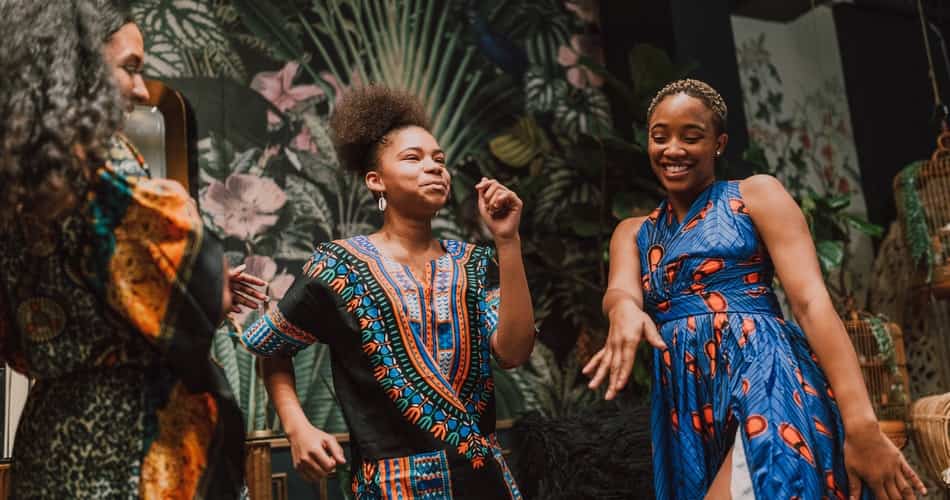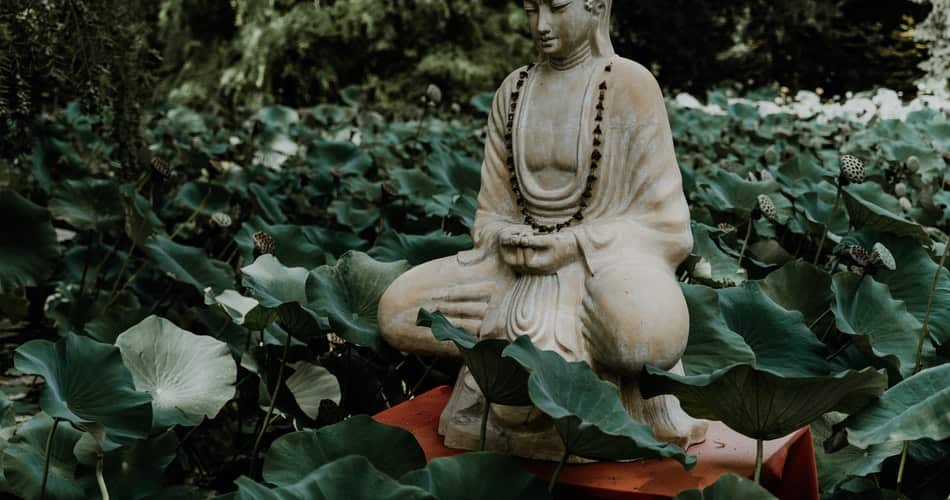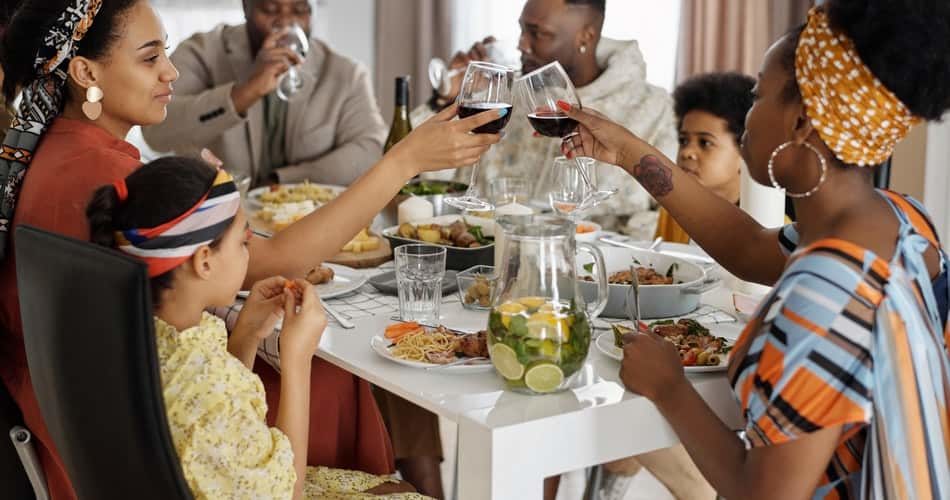The corporate world represents a culturally diverse space as people from different cultures, nationalities, and religions coexist. Cultural holidays often prove to be ideal occasions for team bondings. Ramadan, Diwali, and Christmas are some festivals that are celebrated across the world. Despite being a religious holiday, these festivals are pompously celebrated by members of other religions too. They can be counted as cultural holidays. They are known as floating holidays because the dates of some of these holidays keep fluctuating every year.
When we count what holidays are in December, Christmas flashes instantly in our minds. In the USA, the Federal holidays during Christmas range from 24th to 26th December. Also, being New Year’s Eve, 31st December is a holiday. Some companies tend to give an entire holiday week to their employees.
However, there are ethnic holidays in December as well. Expand your knowledge and thinking about other cultures and communities by learning about the multicultural holidays in December. The other holidays in December will give you insights into the indigenous cultures that thrive across the world. Take a look at them to understand and create awareness about other’s beliefs and religions:
Hanukkah
Hanukkah is a Jewish religious holiday that lasts up to seven days and is celebrated in either early winter or late fall to commemorate the Jewish victory over Germans in the 2nd century B.C. The festival is celebrated to remember the Jerusalem temple’s rededication and purification that happened in 165 B.C. To know more about the story, you can watch the Hanukkah video.
The celebrations for Hanukkah, known as the festival of lights, begin on the 25th day of Kislev, the 9th month of the Hebrew calendar. It is a special religious holiday in December for the Jews. Apart from singing traditional songs and eating jam donuts and latkes, there is a tradition of lighting menorah candles. It is celebrated to remember the historical event when the Jerusalem menorah remained lit for eight straight days. It was continuously burning even when it had oil reserves left for only one day.
Kwanzaa

Kwanzaa is one of the cultural holidays in African culture. It is one of the ethnic holidays in December that signifies the glorious heritage of Africa. Kwanzaa translates to first fruits in English taken from a Swahili phrase. The phrase goes as ‘Matunda Ya Kwanza’ as it is one of the many cultural holidays associated with African harvest festivals.
The Kwanzaa holidays almost coincide with the holidays at Christmas as they start on December 26th and end on January 1st. During these ethnic holidays in December and January, people light seven candles and surround their homes with seven symbols.
These symbols reflect creativity, faith, collective work, responsibility, unity, self-determination, cooperative economics, and purpose. All these values have great prominence in the corporate world too.
Omisoka
Omisoka is one of the unique cultural holidays that has its origin in Japanese culture. It is a special festival among the other holidays in December that emphasizes the onset of a new year.
The Omisoka Activities that reflect Japanese tradition are organized to celebrate it. Cleaning the house, purifying oneself from bad luck and evil spirits are practiced during this festival. It also includes repaying loans and some other activities.

Toshikoshi, a type of long noodles, is prepared and shared with friends and family. The cuisine represents moving to the next year from the old one. To mark the beginning of the new year, believers visit Buddhist or Shinto temples. A signing battle named NHK Kohaku Uta Gassen is broadcast on national television. It signifies praising the glory of all the good things that the old had and the new year has in store.
From Omisoka, we learn that misfortunes should be left behind, and one must embrace the new year with new vigor.
Bodhi Day

Bodhi Day is celebrated every year by the Buddhist people on the 8th of December. It marks the day on which Gautama Buddha attained enlightenment i.e. complete freedom from bodily desires. This is known as Bodhi Day as Buddha got enlightened while meditating under the Bodhi Tree.
It is one of the essential cultural holidays, especially for Buddhists. Buddhist believers often meditate under the Bodhi tree with the hope of receiving enlightenment. The importance of four noble truths and Ashtang Marga (The Eightfold Path) is preached on this date.
Remembering cultural holidays and giving reverence to every belief and religion to understand their cultural ethos deeply helps us feel connected. While working abroad or in the country, we come across people of different cultures and often fail to understand them. After knowing their culture better, it becomes easier to grasp their ideas about bonding, friendship, and teamwork.
For example, while working in foreign countries, it is easy to lose connection with your cultural identity. It might make it hard for you to embrace and analyze other cultures if you start losing the values of your culture. When you celebrate important cultural dates with your friends and loved ones, it strengthens your cultural identity. Similarly, you celebrate the cultural holidays of other ethnicities and people to understand their culture better.
Staying connected through cultural holidays and ethnic holidays in December or any other month will keep you grounded. It will help you to adapt to a new culture that is important while working abroad. Third culture children often find it hard to relate themselves with their culture. They might also feel isolated due to the lack of cultural identity. By sharing your culture, you will help them connect with their friends better. They will adapt to the new culture with an open heart which will also develop their personality.
When you celebrate Christmas as one of the essential cultural holidays in your company, it brings a sense of unity. There might be employees who are from other beliefs and religions. These employees might even work on some of the designated days. As a leader, ensure that they get paid for working on a holiday, referred to as a holiday pay policy. Some of the best ways of celebrating together in an organization are listed below:
Partying Together
You can convert cultural holidays into party celebrations and use them as an event to celebrate together. However, while organizing such parties, analyze the background of the employees.
For example, do not organize parties when some employees of your organization observe fast. Also, some employees might not drink on certain days. Therefore, arranging get-togethers or a trip on such days could create some conflict in your company. If you don’t consider these things, they might feel isolated and unhappy.
For making the holiday parties a hit, arrange games and make it a point to showcase the office culture in the best way possible. For instance, if your company follows a formal culture, the office parties should reflect that. Similarly, if you work in a casual style, your parties should reflect that.
Recognizing all Cultural Holidays
Some cultural holidays might be just another holiday for you. However, don’t forget that it holds great importance for many others. Therefore, look beyond Christmas and celebrate other cultural holidays with equal enthusiasm and passion.
While organizing events or celebrations during these days, you should allow selective participation. It is because everyone might not be available on that particular day. Some people might be mourning the death anniversaries of their close ones on a specific date. However, while keeping the participation selective, encourage participation from all groups.
For instance, allow employees to bring their religious symbols on their religious holiday in December. Also, you can motivate them to share their ideas and stories about cultural holidays. You can also encourage one celebration for multicultural holidays in December. It means that if Christmas and some other cultural holidays fall on the same date, organize one party for all of them.
Clubbing Holidays
Organizing one unified party or celebratory event for all holidays in December can also prove to be a good idea. It will allow the employees to focus on work instead of just celebrating multiple cultural holidays.
Celebrate Outside
You don’t need to celebrate inside the office every time. Sometimes, joining a local parade or event together can also be conducive to understanding other cultures. Celebrating a holiday by gathering at a local function is the best way of blending in a foreign location.
Keeping it Neutral
Try to keep the decor and settings neutral while celebrating cultural holidays. For instance, you may celebrate New Year’s Eve or other ethnic holidays in December. However, making it seem like a Christmas party might make members of other faiths feel odd.
The same goes for other holidays in December that are religion-specific. A neutral setting would enable everyone to enjoy a party or holiday celebration. It will contribute to the unity and workplace culture of your organization.
Celebrate Diversity
Don’t forget to celebrate diversity while celebrating the cultural holidays. All the employees will feel included when you respect and acknowledge their presence. For example, if someone from Cambodia or any other country works in your organization, ask them to share stories about their culture and traditions. It enhances your knowledge of a particular tribe or religion. Also, it will enrich your experience of working together.
Exchanging Gifts
Exchanging gifts might be an old idea of celebrating cultural holidays. However, it still works. All the employees of your organization can bring a gift with them for specific cultural holidays.
For example, everyone can bring a gift on Hanukkah or other ethnic holidays in December. The present must reflect the spirit of that particular holiday or festival. Now, everyone has to draw one chit from a pot of chits before presenting the gift. Every chit will have a unique name. You don’t get to know which person receives your gift. It is not only interesting but also an excellent way to encourage employee bonding. You can ask them to unveil the gifts right then and there. Also, the giver must express their thoughts behind choosing it as a gift.
Food Culture
Food is the thing that unites everyone despite the diversity of culture you may be having in your workplace. Instead of celebrating cultural holidays, organize a food festival in your organization. Ask each one of your employees to bring one food item that represents a culture or tradition. When each member carries some unique dish and enjoys dishes prepared by others, it reflects unity in diversity.
Take Initiatives
Organizing group meals at least once a week is also a good move for improving engagement between employees. Also, as a leader, you must be excited about cultural events and gatherings. It will create a ripple effect across the organization as seeing you take initiatives will inspire your subordinates.
Promotional Print Outs
Ensure that these events get promoted in every department. You can make printouts of the celebratory events and stick them at numerous places around the organization. A better idea is to create a calendar chart of the well-planned events. It will ensure that each member is fully aware of an event and prepares accordingly. Check what holidays are in December and prepare a chart of cultural events comprising details like date, venue, etc.
The cultural holidays are unique but they all represent a set of values and have the potential to break barriers and bond us together like a connected unit in an organization.




